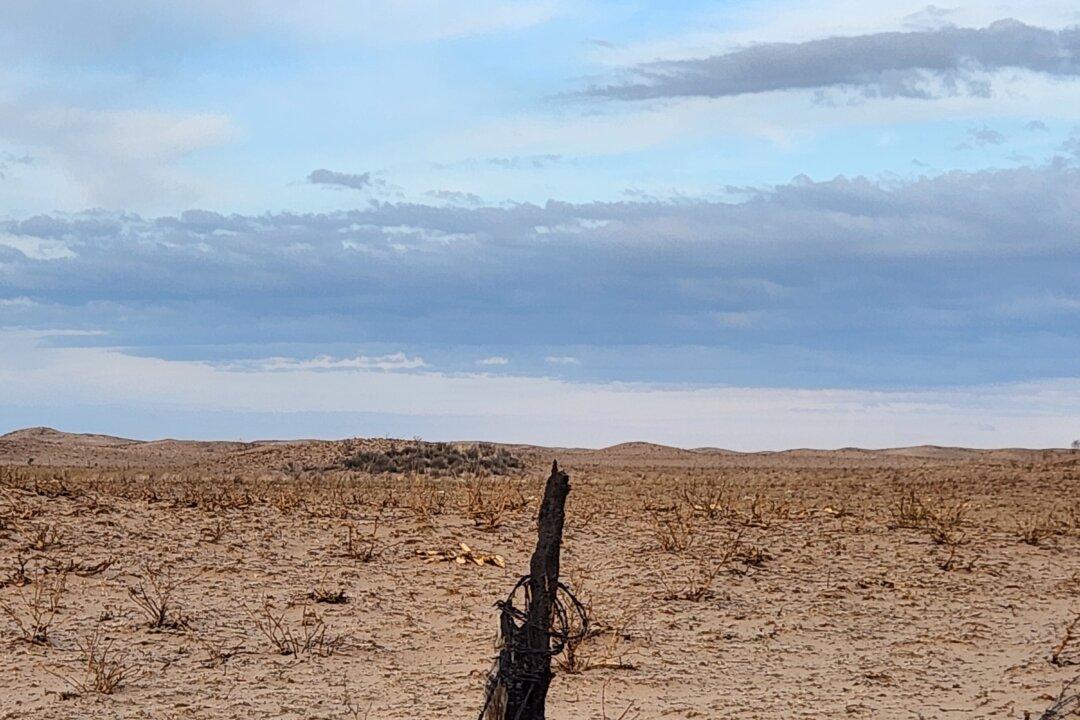The Smokehouse Creek wildfire in the Texas Panhandle burned for weeks, turning ranches into ash, killing thousands of head of cattle, and leaving ranchers and farmers on a long road to recovery.
On Feb. 26, Garret Duvall of Wichita Falls told The Epoch Times he got a call from his grandparents, whose ranch is near Pampa, telling him the wildfire was creeping its way toward their ranch.





